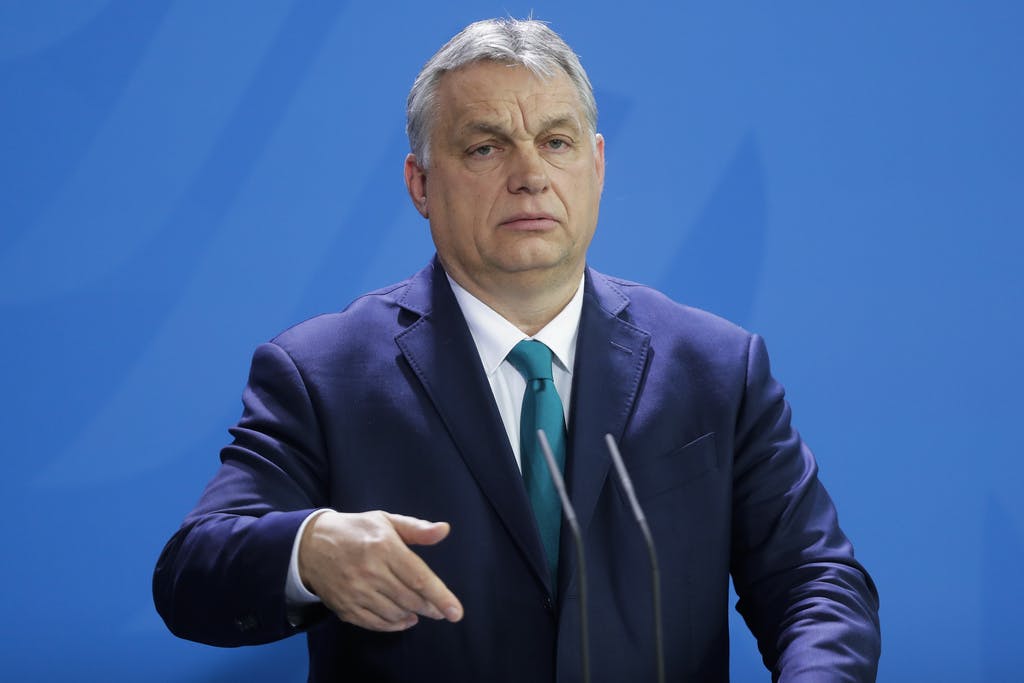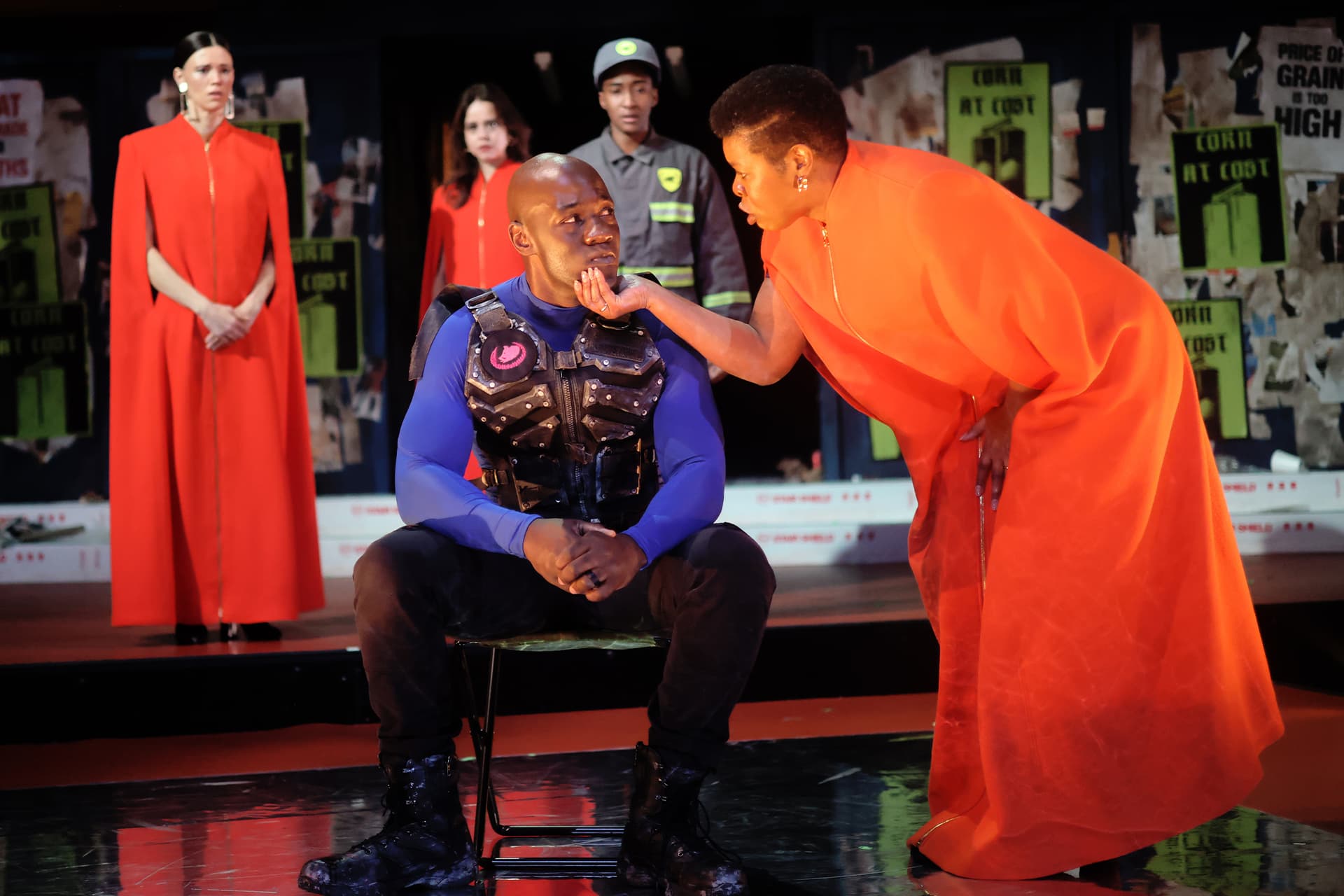
Homeland Security Shutdown Looks Set To Drag On, Bringing New Headaches for Air Travelers
By JOSEPH CURL
|Its foreign minister says an upcoming meeting of the NATO-Ukraine Commission ‘hurts the cherished unity of NATO.’

Already have a subscription? Sign in to continue reading
$0.01/day for 60 days
Cancel anytime
By continuing you agree to our Privacy Policy and Terms of Service.

By JOSEPH CURL
|
By VERONIQUE de RUGY
|
By ELYSA GARDNER
|
By A.R. HOFFMAN
|
By JOSEPH CURL
|
By DAVID JONES
|
By DAVID JONES
|
By JOSEPH CURL
|